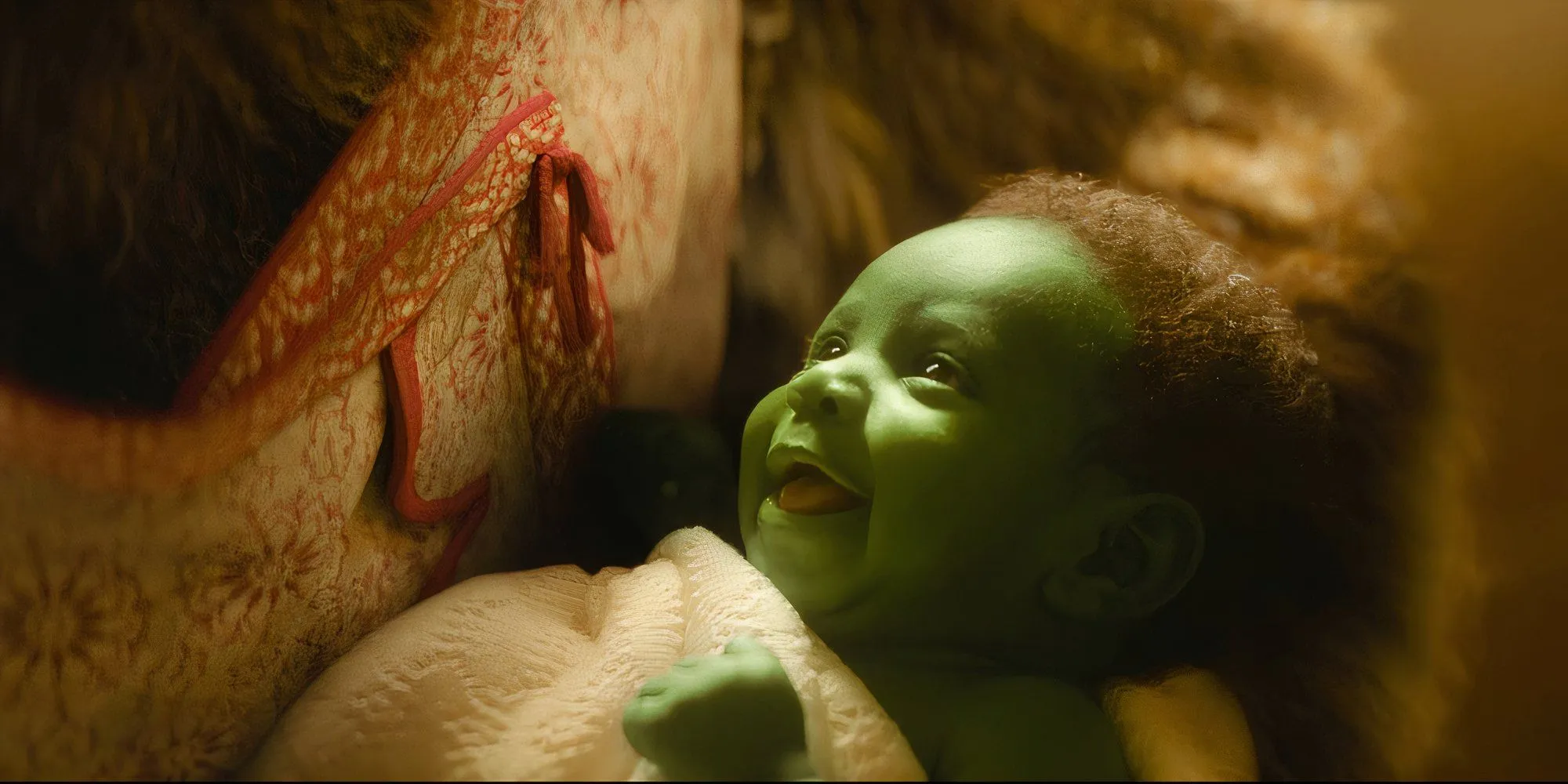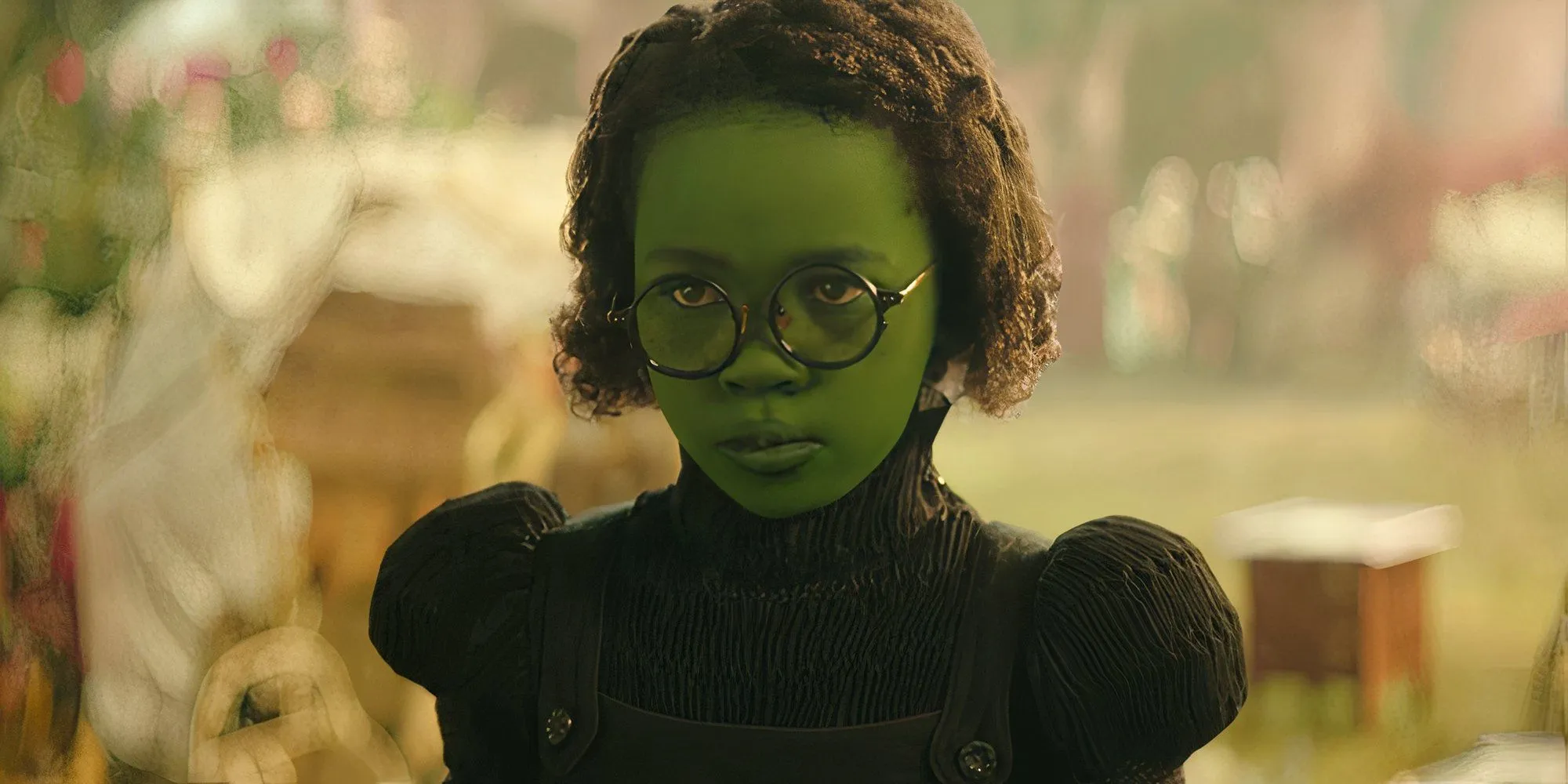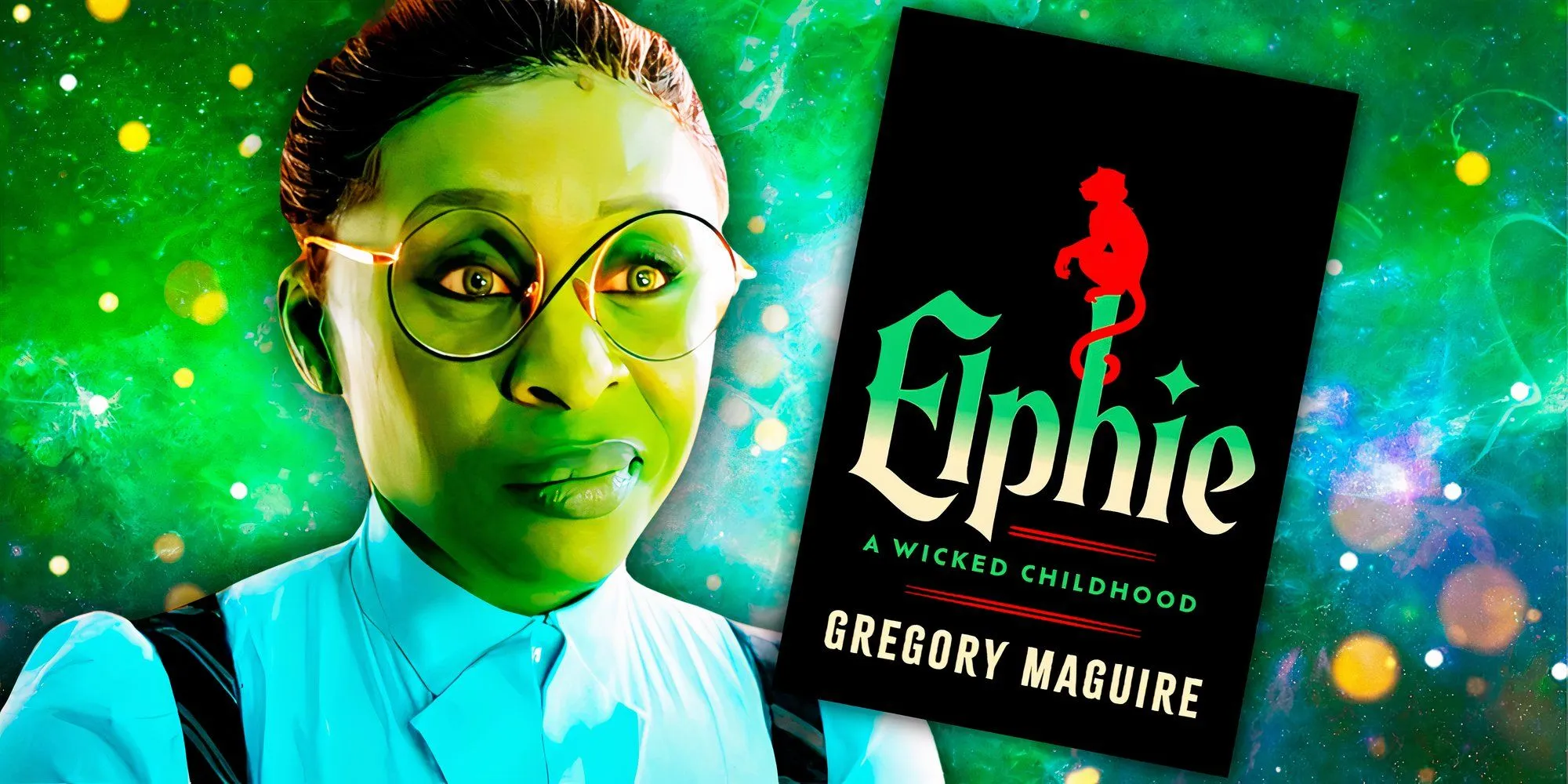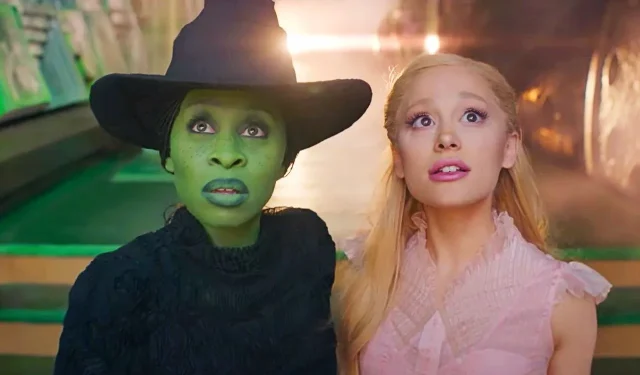This article includes discussions surrounding themes of addiction and sexual assault.
Warning: SPOILERS Ahead for Elphie: A Wicked Childhood by Gregory Maguire. Gregory Maguire’s latest addition to the Wicked saga explores Elphaba’s origins more intricately, yet intriguingly alters the representation of one character—Melena—from the original narrative, rendering her portrayal even more complex. Since the release of Maguire’s Wicked: The Life and Times of the Wicked Witch of the West in 1995, the tale has been reimagined in both musical and film formats, each interpreting elements like Elphaba’s magic and age differently.
Character Transformations in Maguire’s Elphie Prequel
Variations in Melena’s Characterization Across the Franchise



Elphaba’s family dynamics are portrayed with notable flaws in both Maguire’s novel and its adaptations, highlighting a tumultuous relationship with her parents. Initially in Wicked, Melena struggles with addiction and dissatisfaction in her life, often portrayed as an alcoholic and dependent on pinlobble leaves. Her discontent stemming from leaving her secure life for a preacher shapes her character profoundly. Notably, in the novel, Elphaba’s conception is linked to an act of rape, adding another layer of complexity to Melena’s narrative.
In contrast, Elphie: A Wicked Childhood introduces a revised image of Melena, marking yet another shift in her characterization.
Furthermore, the adaptations into musical and film lightened Melena’s backstory, painting her as a more carefree individual who engages in affairs for pleasure rather than from despair. In these versions, the conception of Elphaba becomes more consensual, effectively muting one of the darker elements of the original plot. Despite her reimagined qualities, Melena remains emotionally distant and neglectful as a mother. Yet, the latest prequel explores even newer aspects of her character, setting a new precedent.
Interestingly, while Maguire’s earlier work emphasized Melena’s substance use, this latest prequel does not address those addictions. Instead, Melena is depicted using pinlobble leaves merely for childbirth pain relief. However, Maguire leans into the musical’s interpretation regarding Melena’s sexual relationships, labeling her a “harlot”engaged in illicit affairs. Although she appears less troubled than in the original novel, she is not entirely aligned with her musical counterpart. The constant remains that she is portrayed as a negligent mother and wife.
Challenges in Establishing Melena’s Character in Elphie
Exploring Inconsistencies That Complicate the Franchise

Overall, it seems that Elphie: A Wicked Childhood struggles to define Melena’s character. Maguire attempts to maintain the detached family dynamics of Elphaba, leading to continued portrayals of Melena’s and Frexspar’s neglect, albeit slightly reduced from earlier narratives. While Maguire discards some of the earlier defining traits of Elphaba’s mother, he fails to fully adopt the musical’s depiction either. Like various elements in this prequel, Melena’s character exemplifies the tensions between both interpretations of Wicked, further complicating the franchise as a whole.


